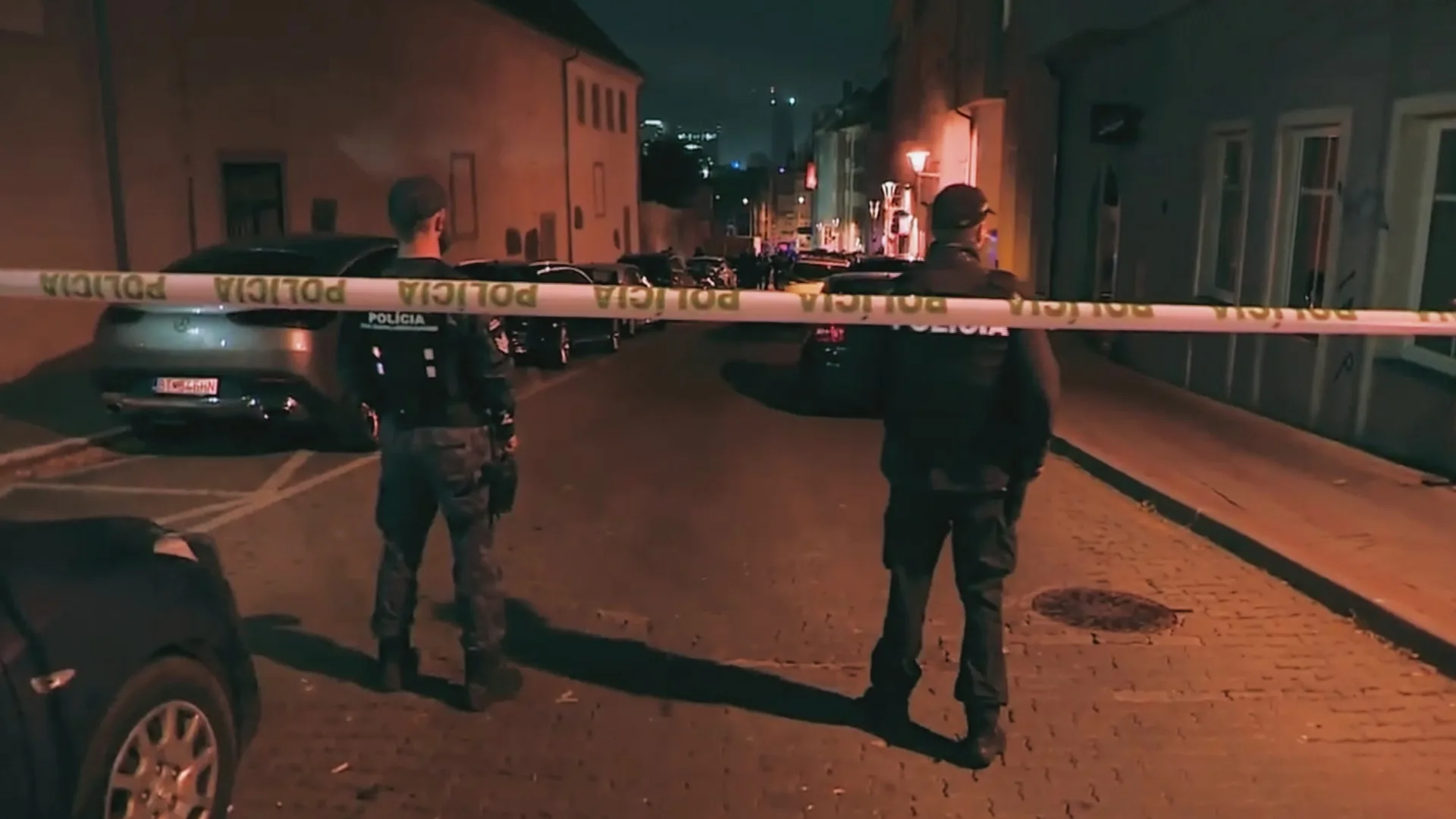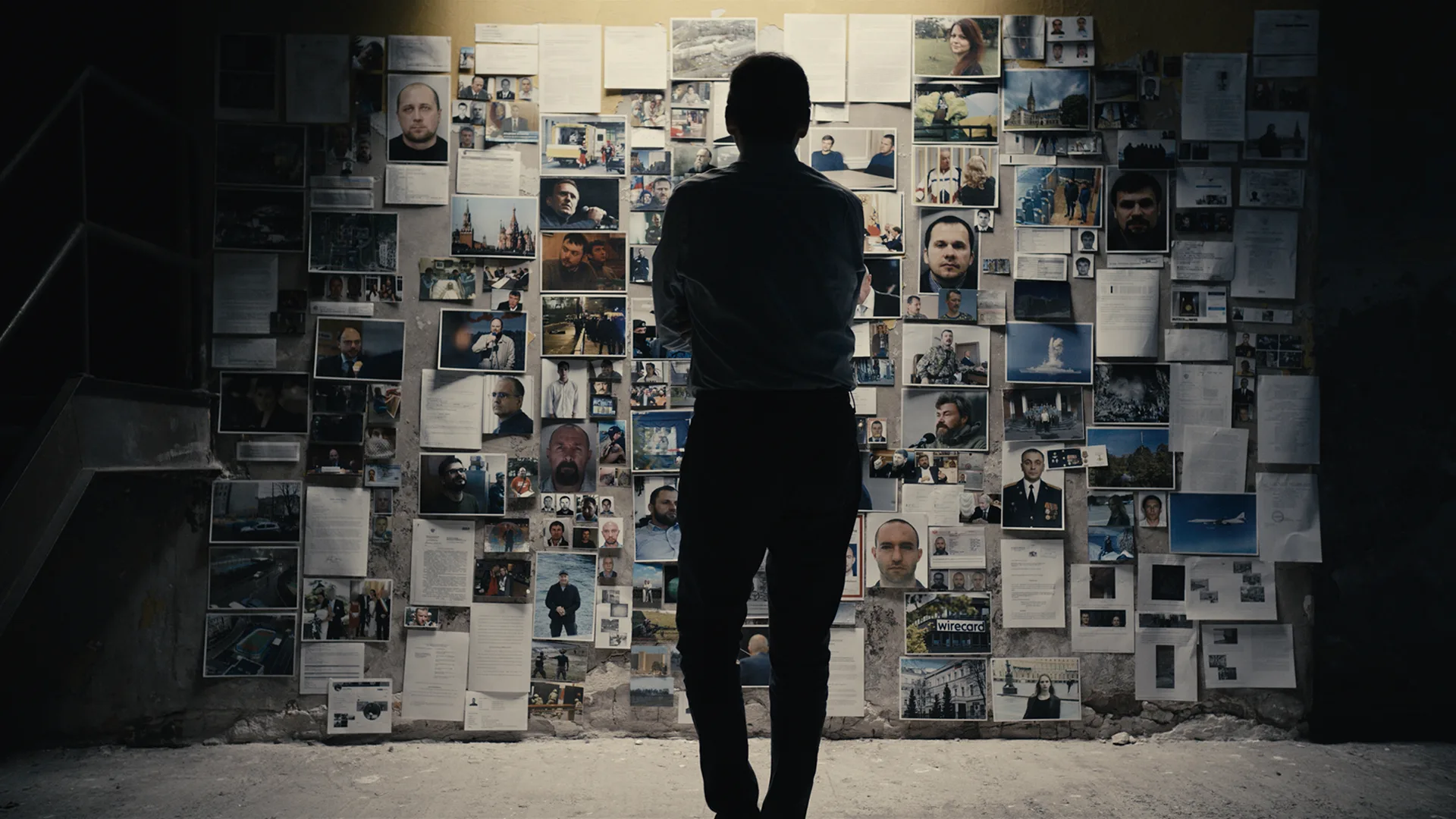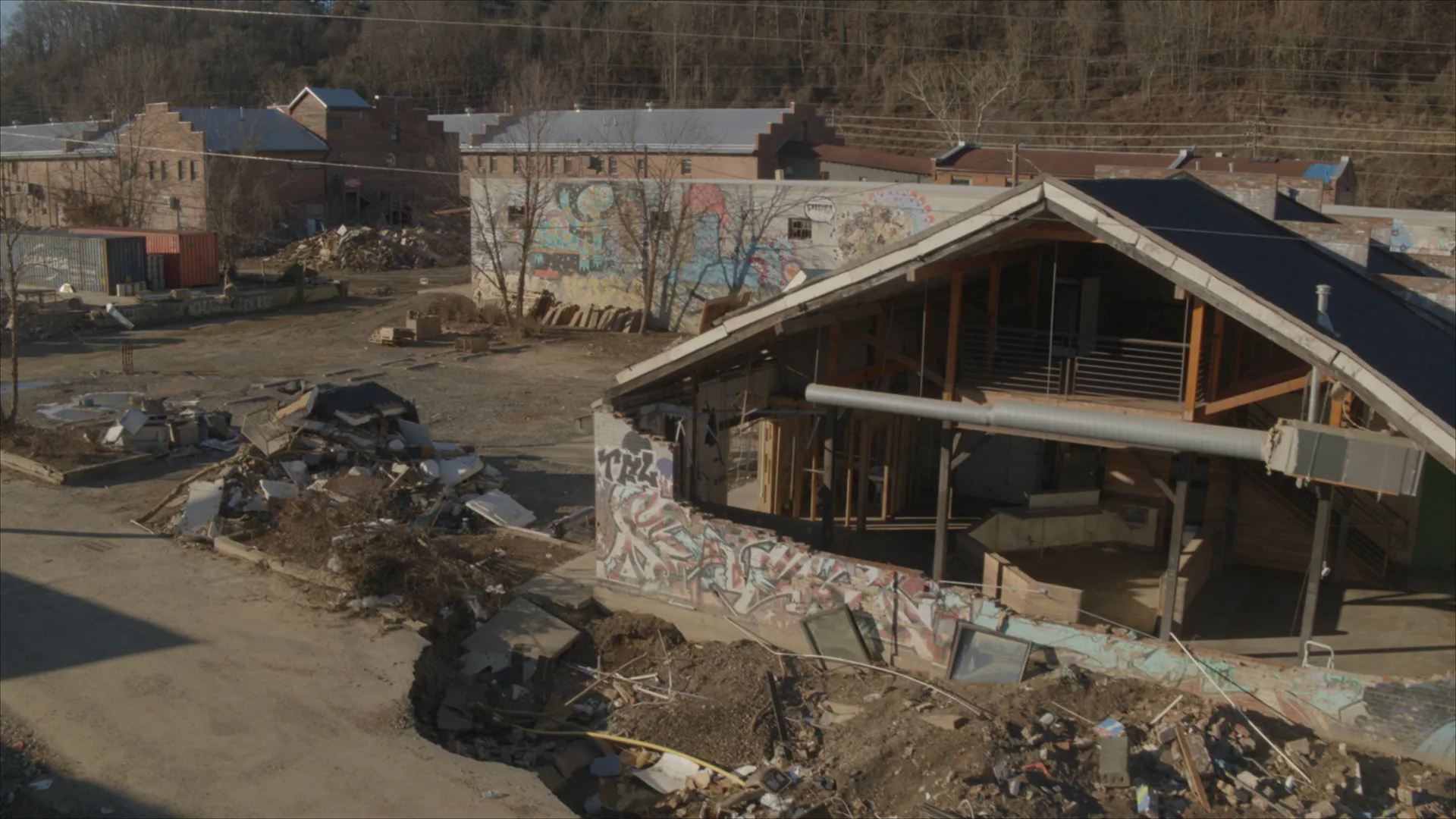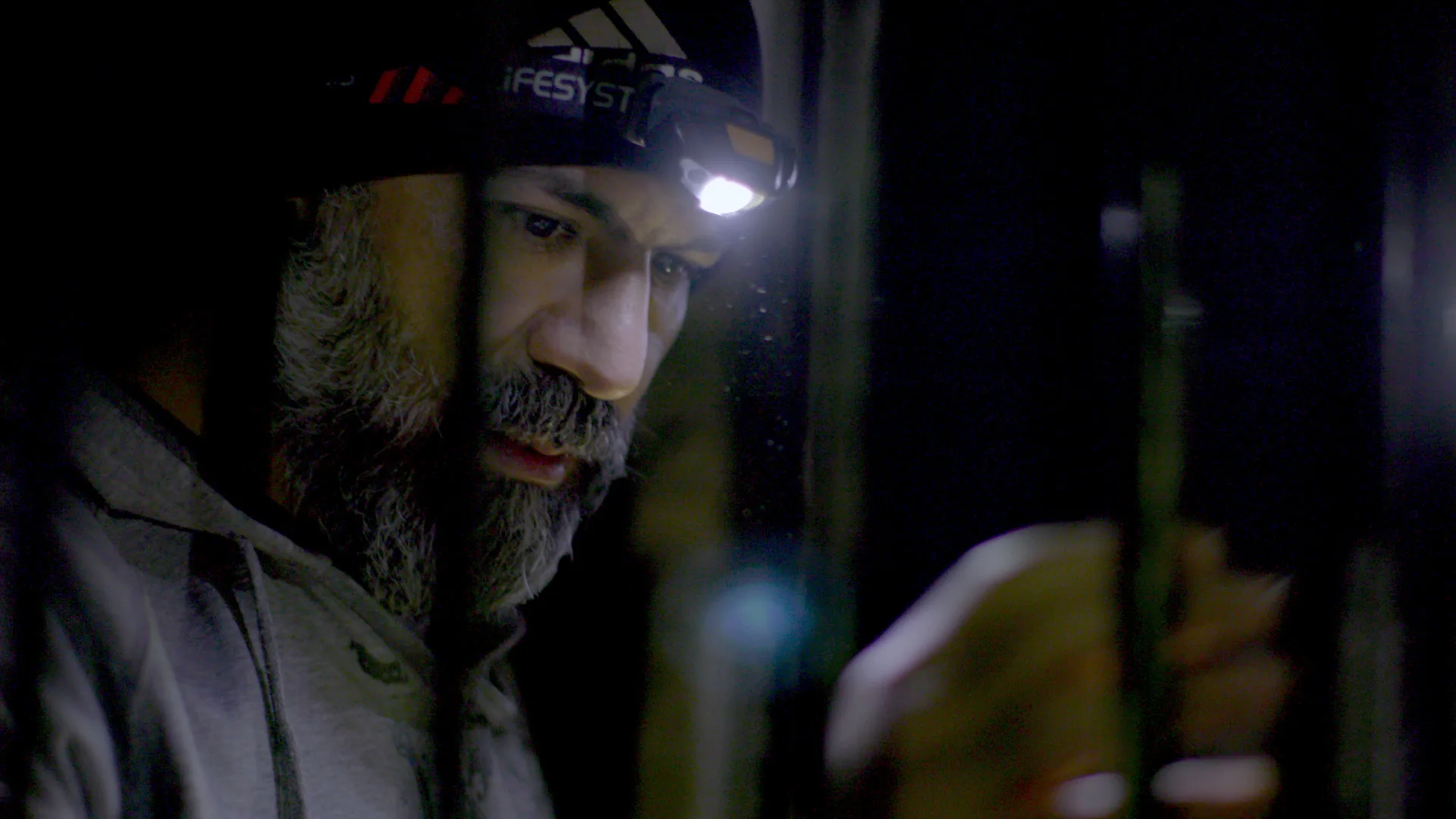Divided Memories Part 2
Share
Part 2 looks at the effects that remembered abuse has had on the families involved and explores how we distinguish real memories from those which are not true. ‘We know that sexual abuse is a real problem,’ says Bikel. ‘But when the memories are not real, what makes the ‘victim’ so ready to believe they are? What cultural forces have made the explanation of sexual abuse so easy to accept?’
Transcript
Credits
Journalistic Standards
Support provided by:
Learn More
Most Watched
The FRONTLINE Newsletter
Related Stories
Related Stories
Policies
Teacher Center
Funding for FRONTLINE is provided through the support of PBS viewers and by the Corporation for Public Broadcasting. Additional funding is provided by the Abrams Foundation; Park Foundation; the John D. and Catherine T. MacArthur Foundation; and the FRONTLINE Journalism Fund with major support from Jon and Jo Ann Hagler on behalf of the Jon L. Hagler Foundation, and additional support from Koo and Patricia Yuen. FRONTLINE is a registered trademark of WGBH Educational Foundation. Web Site Copyright ©1995-2025 WGBH Educational Foundation. PBS is a 501(c)(3) not-for-profit organization.
















